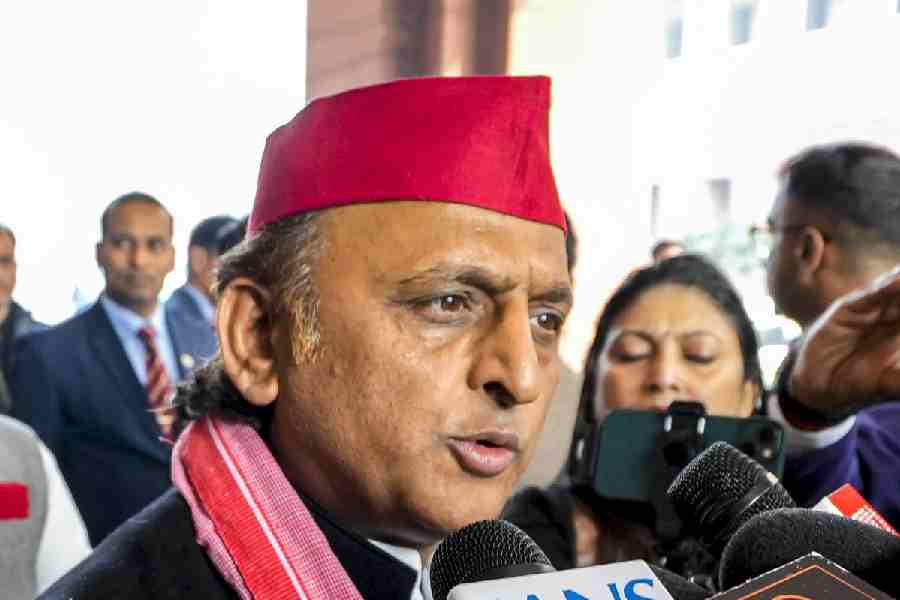 |
It is not uncommon for jobseekers to spend an inordinate amount of time preparing themselves for interviews. That, after all, is your foot in the door; if you don’t get to the interview stage, your chances of getting the job are close to zero. They should actually be zero, but you have an uncle (who works in the chairman’s office) as reserve ammunition.
But, if truth be told, the first interview is not really worth preparing for. In today’s world, many organisations ask you to submit a soft copy of your CV. They then take all the applications received and pass them through a filter — a software programme. This eliminates some on the basis of age, qualifications, etc. What it also does is search for certain key words. Depending on the job requirements, it could push a CV containing, say, “dynamic”, to the top of the consideration pile. It is easy to tweak the system, the same way that you try and optimise your site for Google’s search engine. But this is something that a human interface at a subsequent level finds easy to catch. There may not be much harm done, however. The fact that you have tweaked your CV implies that you are tech savvy.
This leads to another point. A lot of jobseekers have a standard CV. They make 100 copies of it and scatter it around like confetti. But, because of the key words, you need to change your CV each time you apply. If the ad says knowledge of Bengali would be useful and you happen to know the language, you better mention it. These days, thanks to the Net, each job attracts tens of thousands of applicants. A cook’s position in Calcutta may attract a baker in Bermuda. So position yourself to stand out in the pre-interview round.
But how do you make your mark at the interview? Mindtools.com says that it is not even a minute; it takes three seconds to form an impression. Most people spend the rest of the interaction trying to find evidence that justifies that impression. For instance, you have walked in five minutes late. You apologise, blame the traffic jam and what not. But your interviewer is sure to talk about things that tend to show that you are tardy. You say loyalty kept you at your last job even when it seemed clear that the company was going downhill. He sees someone who waits until the last moment to take vital decisions. That’s one black mark against you, deserved or not.
Most experts suggest that you should take the middle path at job interviews. Never be late, but never be early either. Dress well, but don’t be flashy. Smile a lot, but don’t beam. Don’t talk a lot, but don’t be monosyllabic either. The trouble with all these is that you never really know when you are crossing the unwritten boundaries. It differs from company to company and from interviewer to interviewer. Some people play games; they ask you questions to which every answer is wrong. Others ask you questions that have five different answers.
“The first thing you need do is form an opinion of the company,” says Mumbai-based HR consultant D. Singh. “If you are interviewing for Reliance Industries, you have to behave differently from what you would if you are applying for a BPO job. One requires a Mr Sobersides, with no trace of independent thinking. The other needs a bit of a maverick — the most important work is done during the nights. If you land up in a ponytail for a Reliance interview, you will be left at the starter’s gate. At a new generation company, some amount of verbal horseplay is permissible.”
Singh also says that it depends on the job. Accountants have to be sober. The frontline marketing guys are expected to be a bit quirky.
Subject to these constraints, Singh’s advice is to make a splash. Surprise, sometimes even shock. Nine out of 10 interviewers will throw you out. The last will give you the job. If you have the luxury of waiting for a while and the talent to compensate for your angularities, go for it. At the worst, you will make for a good anecdote.
A SHORT ORDER
How long does it take you to form an opinHow long does it take you to form an opinion of a job candidate during an initial interview? (minutes)
Less than 5 minutes — 2%
Five minutes — 16%
5-10 — 42%
11-15 — 10%
16-20 — 17%
21-30 — 9%
More than 30 — 1%
Don't know — 4%
Note: Adds up to more than 100 because of rounding off.
Source: Accountemps survey of US hiring managers










